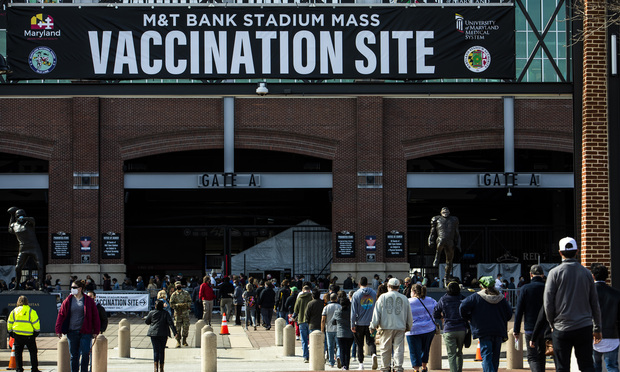With the U.S. Food and Drug Administration (FDA) having now issued emergency-use authorization (EUA) for three COVID-19 vaccines, the expectation is that vaccines should be more readily available to a larger part of the general population. Many employers eye this development with keen interest and hopes that increased employee vaccinations can help get their businesses to return to some sort of normalcy. Although many individuals are eager to get vaccinated, recent surveys conducted by the U.S. Census Bureau reveal that a significant portion of the population reports that they may not get vaccinated. Many employers are contemplating whether to implement a policy mandating that their employees get a COVID-19 vaccination. Employers in New Jersey must understand there are significant risks to implementing such a policy which could, ultimately, lead to costly litigation.
The decision whether to implement a mandatory COVID-19 vaccination policy implicates issues of both federal and state law. At the federal level, employers received good news in the form of guidance from the United States Equal Employment Opportunity Commission (EEOC), which suggests that employers may be able to implement a mandatory vaccination policy, subject to certain limitations. The EEOC is charged, in part, with enforcing the Americans with Disabilities Act (ADA) and Title VII of the Civil Rights Act of 1964 (Title VII). The EEOC guidance provides that, under the ADA and Title VII, employers have an obligation to reasonably accommodate employees who object to being vaccinated based upon the employee’s disability or sincerely held religious beliefs. The New Jersey Law Against Discrimination (NJLAD) also imposes such an obligation on employers. One form of accommodation could be to exempt the employee from the vaccination requirement and allow the employee to work remotely from home.


 People wait in line to enter the mass vaccination site at M&T Bank Stadium and receive the Pfizer vaccine to protect against COVID-19 in Baltimore on March 23, 2021. Photo: Diego M. Radzinschi/ALM
People wait in line to enter the mass vaccination site at M&T Bank Stadium and receive the Pfizer vaccine to protect against COVID-19 in Baltimore on March 23, 2021. Photo: Diego M. Radzinschi/ALM




